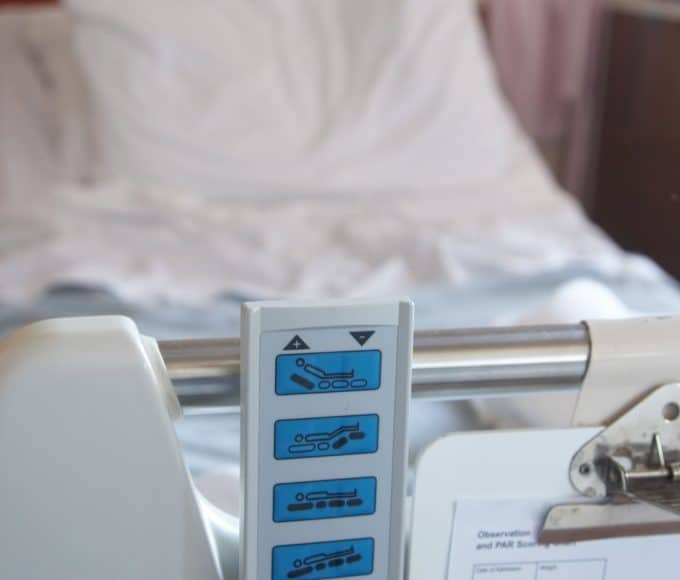We often associate dehydration with feeling thirsty, but did you know your body gives other subtle signs when it lacks adequate water? Hydration plays a crucial role in maintaining overall health, and ignoring early warning signals can lead to fatigue, headaches, and even serious health concerns. Understanding the signs your body needs more hydration can help you take proactive steps to replenish fluids and support optimal body function.
1. Dry Skin and Lips
If your skin feels dry, flaky, or irritated, it could be a sign of dehydration. Your skin relies on water to maintain elasticity and suppleness. Similarly, chapped lips often indicate a lack of hydration, especially in colder months when moisture loss is more pronounced.
2. Persistent Fatigue
When your body is dehydrated, blood volume decreases, leading to slower circulation and less oxygen reaching your muscles and brain. This can leave you feeling sluggish and fatigued even after a full night’s sleep. Feeling lethargic is a sign you’re not getting enough fluids in your body. For more on this, check out this post: How to Beat Lethargy and Feel Energized Again
3. Dark Urine or Infrequent Urination
A well-hydrated body produces pale yellow or clear urine. If your urine is dark yellow or amber, it’s a clear sign that you need more fluids. Additionally, if you’re not urinating frequently, it may mean your body is conserving water due to inadequate intake.
4. Headaches and Dizziness
Dehydration can cause headaches and even migraines due to reduced fluid levels affecting blood flow to the brain. In severe cases, it may lead to dizziness or lightheadedness, especially when standing up quickly.
5. Bad Breath
Saliva production helps wash away bacteria in the mouth, but dehydration reduces saliva levels, leading to dryness and bad breath. If your breath has a persistent odor despite good oral hygiene, drinking more water may help.
6. Muscle Cramps
Water and electrolytes play a key role in muscle function. When you’re dehydrated, electrolyte imbalances can cause painful muscle cramps, especially after exercise or physical activity.
7. Sugar Cravings
Dehydration can sometimes be mistaken for hunger, particularly cravings for sweets. When your body lacks water, it struggles to metabolize glycogen, leading to sugar cravings as a quick source of energy.
8. Constipation and Digestive Issues
Water helps keep the digestive system functioning smoothly. If you’re not getting enough fluids, your body may struggle to move waste through the intestines, leading to constipation and bloating.
9. Dry Eyes and Blurry Vision
Tears keep your eyes lubricated, and dehydration can lead to dry, irritated eyes and even blurry vision. If you frequently experience discomfort in your eyes, it could be another sign your body needs more hydration.
10. Joint Pain
Water acts as a cushion for joints, helping to reduce friction and keep them functioning smoothly. Dehydration can lead to joint discomfort and stiffness, making movement feel more challenging than usual.
Ways to Increase Hydration
Drinking plenty of water is the most effective way to stay hydrated, but there are additional ways to boost hydration levels. Consuming foods with high water content, such as cucumbers, watermelon, oranges, and leafy greens, can significantly contribute to daily hydration. Additionally, incorporating herbal teas, coconut water, and homemade broths can be beneficial.
While drinking water is the best way to stay hydrated, there are other ways to increase fluid intake. Eating water-rich foods like cucumbers, watermelon, oranges, and leafy greens can help. Herbal teas, coconut water, and homemade broths are also excellent sources of hydration. Incorporating these options into your daily routine can help with staying hydrated without drinking water excessively.
Final Thoughts
Recognizing the signs your body needs more hydration is essential for maintaining your health and well-being. From dry skin to sugar cravings, your body constantly sends signals when it needs more fluids. By staying mindful of these indicators and adopting hydration-friendly habits, you can support your body’s vital functions and prevent dehydration-related issues. Keep an eye on these symptoms and ensure you’re nourishing your body with adequate hydration every day!














